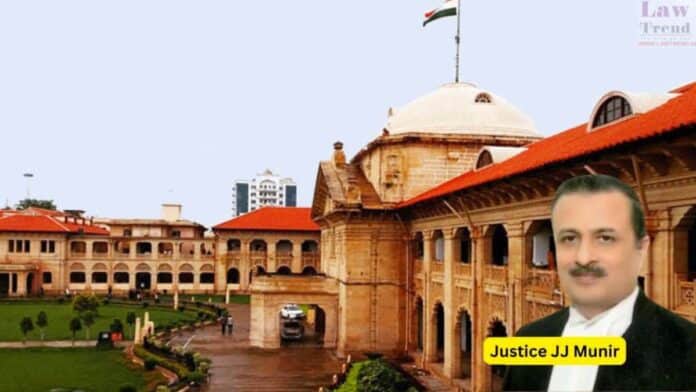In a significant ruling on the service rights of employees transitioning from a government-aided institute to a university, the Allahabad हाईकोर्ट has held that a Physical Training Instructor of the Harcourt Butler Technical University, appointed before its incorporation, must be treated as academic staff for the purpose of promotion under the Career Advancement Scheme (CAS).
To Read More Please Subscribe to VIP Membership for Unlimited Access to All the Articles, Download Available Copies of Judgments/Order, Acess to Central/State Bare Acts, Advertisement Free Content, Access to More than 4000 Legal Drafts( Readymade Editable Formats of Suits, Petitions, Writs, Legal Notices, Divorce Petitions, 138 Notices, Bail Applications etc.) in Hindi and English.




